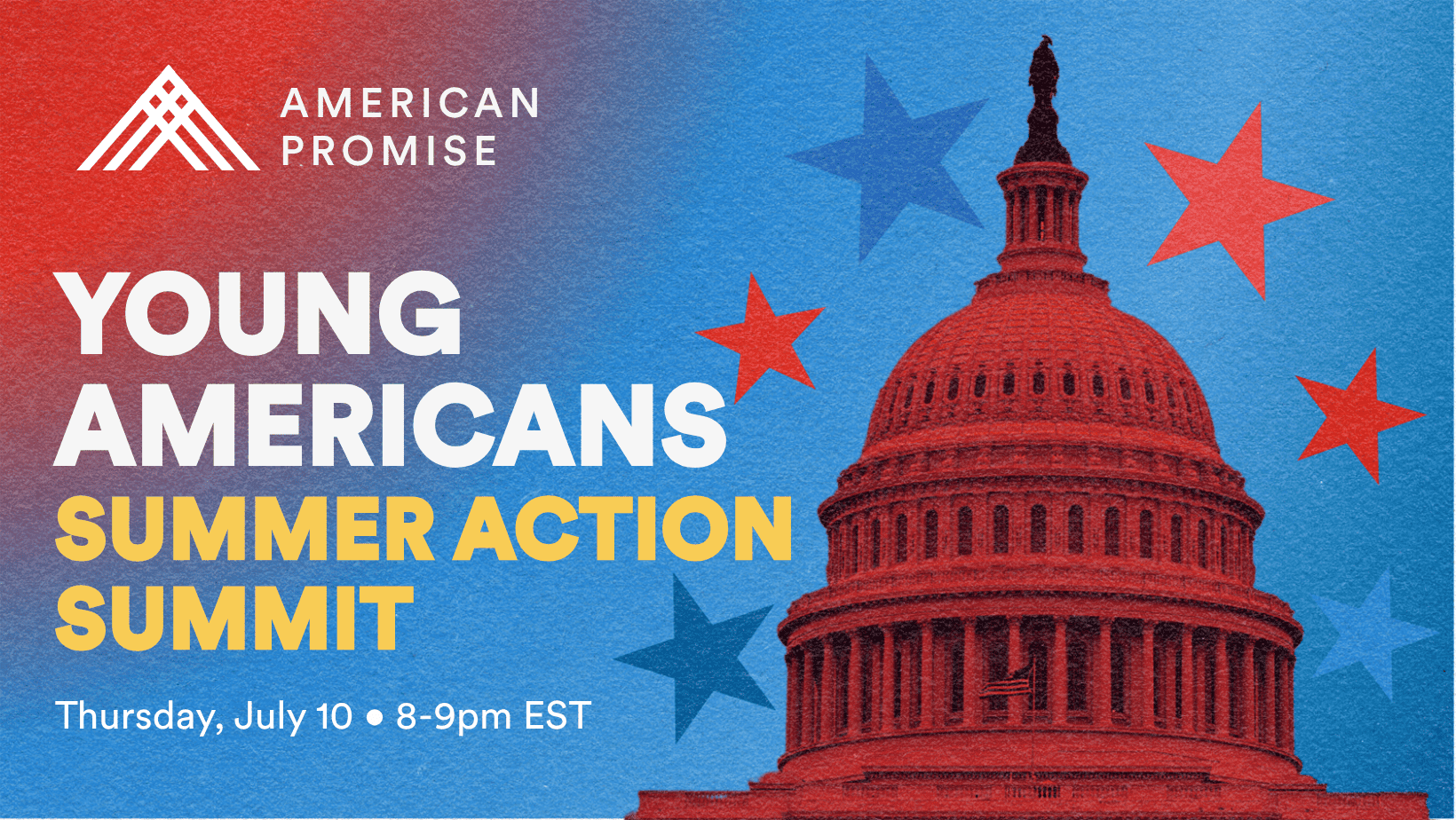Volunteer: Northern Wisconsin State Fair
Volunteer for Tabling with American Promise! As a volunteer at any tabling event with American Promise, you will get hands on training on educating the public about the For Our Freedom Amendment. You’ll also assist in gathering citizen pledges, encouraging people to show their support and get involved in making a difference! Event Details: Northern...








